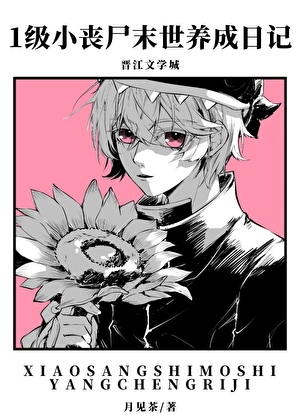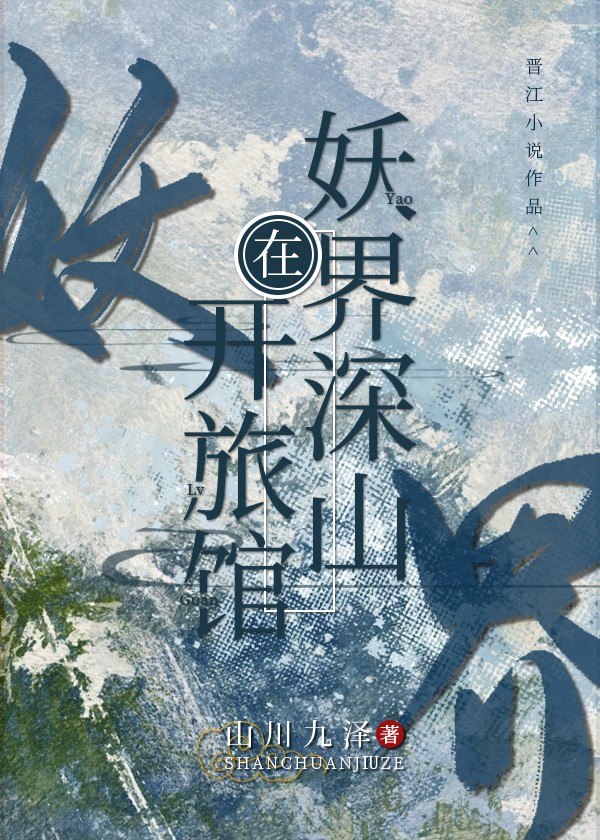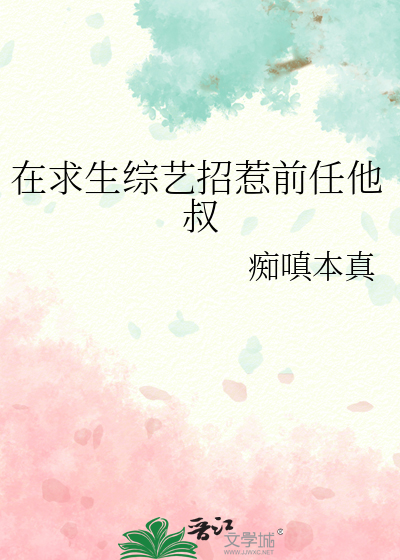It was past six in the evening. The banquet should’ve been over by now. When Luan Ye walked in, Granny Mu was sitting in the courtyard folding paper ingots.
The sun hadn’t fully set yet. The soft afterglow blanketed half the courtyard. She sat alone in the gentle light, her features a little blurred by the dimness.
The cardboard box beside her was filled neatly with gold and silver folded paper ingots. Seeing Luan Ye come in, she put the one in her hand into the box.
“Have you eaten?”
“Yes.”
Luan Ye walked over, pulled over a chair, and sat next to her. “I ate outside.”
“Dinner was the main event,” Granny Mu said with slight disapproval. “I told you to come with me, but then you disappeared.”
“I went out this afternoon and stayed out a little too long,” Luan Ye chuckled. “Didn’t feel right showing up just for dinner.”
He looked down. Yesterday, the cardboard box had been full. Now, only a bit more than half was left.
“Are these for tomorrow?”
“No, the ones for tomorrow are already at her house,” Granny Mu said as she skillfully flipped over the gold foil paper in her hand. “These I’m folding in advance—for the fifteenth, I’ll burn them for my husband.”
The light in the courtyard was still good. She held up the folded ingot, checking it against the sunset to make sure it wasn’t crooked, then set it down, satisfied.
“Haven’t burned any in a long time. Dreamed about him last night. He was sitting on the field ridge, didn’t say a word, just looked at me with that smiling face. Don’t know if he was blaming me.”
“Maybe he just missed you,” Luan Ye smiled softly, offering comfort. “And you miss him too.”
Granny Mu took the paper from him, gave him a side glance, and smiled.
“Dead for more than ten years now. Miss him for what?”
Luan Ye was tired after painting all afternoon, but he didn’t go upstairs. Instead, he dragged his chair a bit closer and pulled a sheet of gold foil from the stack to hand her.
“How did he die?”
“Got sick.”
She bowed her head and continued folding.
“One afternoon, he was still working in the fields. By dinnertime, he said his stomach hurt so bad he couldn’t stand it. We took him to the clinic, and the doctor said we had to transfer him to a bigger hospital. So we went to Kunming. They checked and said it was liver cancer.”
“He had pain before, but we were poor. We lived off farming. The cement road hadn’t even been built yet. No one came to this place—not for tourism, not for business, nobody.”
Her tone flowed gently, like water trickling through the yard. Her eyes stayed on the paper, or perhaps drifted off into the air.
“No money for the hospital. He’d go to a small clinic, get some painkillers. They didn’t work, so he got IV drips. Thirty yuan for two big bottles. He could take it—after the IV, he’d sleep, and the next day he’d be back in the fields.”
“But that time, after the check-up, the doctor said it was late stage and there was no hope. He was in the hospital for over two months before he passed.”
Luan Ye watched her. Granny Mu spoke calmly, folding the paper steadily and putting each finished ingot into the box.
“One son, one daughter, both working in the city. When he got sick, they both came back and cried day and night. I didn’t cry. He was already dying, and the doctors said nothing could be done. What’s the point of crying?”
“In his final days, he perked up a bit and said he wanted to go home. Our son and daughter wanted to keep him in the hospital. I said, ‘It’s no use. If your dad wants to go home, let him.’”
Luan Ye swallowed and quietly listened as she continued.
“On the day he passed, our son, daughter, grandkids, and a whole crowd of relatives were gathered around his bed, getting ready. He was already fading—just holding on with one last breath, eyes still open…”
As she said this, Granny Mu’s expression finally changed. She leaned a little closer to Luan Ye and lowered her voice mysteriously: “Do you know why?”
Luan Ye leaned in too, matching her tone. “Why?”
Granny Mu looked a little shy, but smiled proudly. “He couldn’t let go of me. He was worried.”
Luan Ye rested his chin on his hand, watching her, and his eyes curved with a smile.
“Half his life, he worked our land. All the heavy and hard labor, he did it. He was afraid that once he left, I wouldn’t be able to handle it on my own. If something happened at home—burglary or disaster—I wouldn’t be able to deal with it alone. And he was right.”
A breeze stirred. A strand of white hair slipped from under her headscarf and trembled in the fading glow of the sunset.
“I kicked everyone out of the room,” she said. “Told them I had something to say to their father and they didn’t need to listen. Once they were all out, I leaned over to his ear and whispered to him.”
“I told him not to worry. The kids are all grown up—they’ll take care of me. I can still do chores. I can still grow vegetables and farm. If anything happens, I’ll ask the villagers for help or call the kids back. I’ll be just like before—eating, working, sleeping, every day.”
Granny Mu turned her head and grinned at Luan Ye proudly.
“After I said that, he finally relaxed. He moved his hand over, gave my hand a squeeze, and then let go. That’s when he closed his eyes.”
The sun finally disappeared behind the mountains, waiting to rise again the next day from the other side. Just like that, the days turned endlessly, taking with them countless years and partings.
“It’s been so many years now,” Granny Mu repeated. “He’s been gone a long time. If I hadn’t dreamed of him last night, I’d almost forgotten what he looked like.”
“No photos?” Luan Ye asked softly. “To keep as a memory?”
“You mean a memorial portrait? No. We were dirt poor when we were young—couldn’t afford to have photos taken.”
Granny Mu chuckled. “When he was sick, we were so busy we didn’t even think of it. And besides, with that illness, he looked awful. His face was all dark and bluish. Even if we’d taken a picture, it would’ve been painful to look at.”
She sighed and then laughed again. “Last year, when I went to the town market, I actually had a picture taken, thought I’d use it as my own memorial photo. But it turned out terrible.”
She scrunched her nose, clearly dissatisfied. “Spent the whole day at the market. My hair was a mess, my clothes were dirty, and only then did I think of taking a photo. My expression was all wrinkled and worn-out—and they charged me fifteen yuan. I asked to retake it, and the guy got all annoyed.”
She mimicked the photographer in a gruff voice: “Ah come on, old folks always look like this. What’s the point of retaking it?”
“He’s full of crap,” Luan Ye said.
Granny Mu glanced at him and burst out laughing. “Exactly, full of crap. I brought that photo home and just stuffed it away somewhere. I’ll wait until the next time there’s a bus going to the city. They say there are more photo studios in the city.”
She sounded very casual about it. Luan Ye watched her, imagining an elderly woman riding a bus for over an hour into the bustling city, going from shop to shop just to find a place to take a memorial photo of herself.
Granny Mu showed him the embroidery on her shirt. “I’ll wear this when I go. Looks nice, right?”
The clothes still had the crisp folds and starch scent of something new, mingled with a faint sandalwood aroma picked up during the scripture ceremony earlier. The scent was complex, like the fragrance of old time itself.
Luan Ye leaned over and gently patted her hand.
“It looks great,” he said. “But you don’t have to go to the city. I’ll take the photo for you. We’ll do it right here at home.”
Granny Mu looked at him, surprised. “You know how to take photos?”
“I do. That’s what I studied. I guarantee it’ll be better than those guys,” Luan Ye said. “Just need a few days to prepare.”
“Won’t that be too much trouble for you?” she asked, beaming but slightly worried.
“Not at all. Super easy,” Luan Ye smiled. “And your mahjong-playing, scripture-chanting old friends—ask them too. If they want portraits, I’ll take theirs as well. Free of charge.”
“Oh, they’ll definitely want them!” Granny Mu was so delighted she stopped folding paper ingots and slapped her thigh. “I’ll ask them tomorrow!”
Luan Ye stayed with her in the courtyard until it got dark. When she went off to wash up, he headed upstairs. After showering, he lay on the bed and started looking things up.
He hadn’t taken portraits in a long time. His current camera and lenses weren’t suitable for formal memorial portraits—he’d need new gear. Also a printer, a computer, photo frames… There was quite a bit to buy.
After searching for a while, Luan Ye frowned slightly.
Most of the items were easy to find, but the camera and lenses he wanted were sold out on every shopping app.
He sighed, thought for a moment, and decided to call Fan Qing.
The phone rang for a while before it was finally answered—just before it was about to time out.
“Were you asleep?” Luan Ye asked.
“No,” Fan Qing hesitated. “In the shower.”
“Oh,” Luan Ye blinked, then laughed. “You done? Or are you still halfway through?”
Fan Qing’s voice was muffled, avoiding the question. “Do you need something?”
“Not done yet, huh?” Luan Ye chuckled. “Finish up first—don’t catch a cold.”
“You—” Fan Qing inhaled sharply. “What do you want?”
Luan Ye stopped teasing him. “Is there anywhere in your city that sells cameras and lenses? A specialty store? A digital mall?”
“There is,” Fan Qing thought for a few seconds. “But no specialty stores. Probably won’t have all the models.”
“If you’re free tomorrow, take me around.”
“Okay.” Fan Qing paused. “You’re buying a new camera?”
“Yeah. Also a lens, printer, that kind of stuff,” Luan Ye said. “For portraits. The old gear doesn’t cut it.”
Fan Qing paused. “I thought you didn’t shoot portraits.”
“…It’s complicated,” Luan Ye hadn’t expected him to remember and couldn’t help laughing. “Are you sure you want to hear about it now?”
There was silence on the other end.
“Go shower, you,” Luan Ye laughed again. “Talking while naked might catch you a co—”
Before he could finish the word “cold,” the line went dead.
Caught off guard, Luan Ye stared at the phone for a while, then burst out laughing and fell back on the bed.


![How to Achieve Godhood with a Life-Threatening Persona [Quick Transmigration] How to Achieve Godhood with a Life-Threatening Persona [Quick Transmigration]](https://www.freenovels.net/wp-content/uploads/2025/01/219974s.jpg)


Talking while naked…🫣🤣❤️🫢